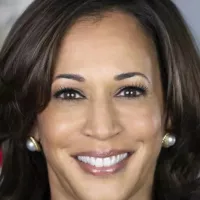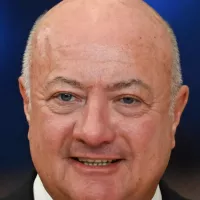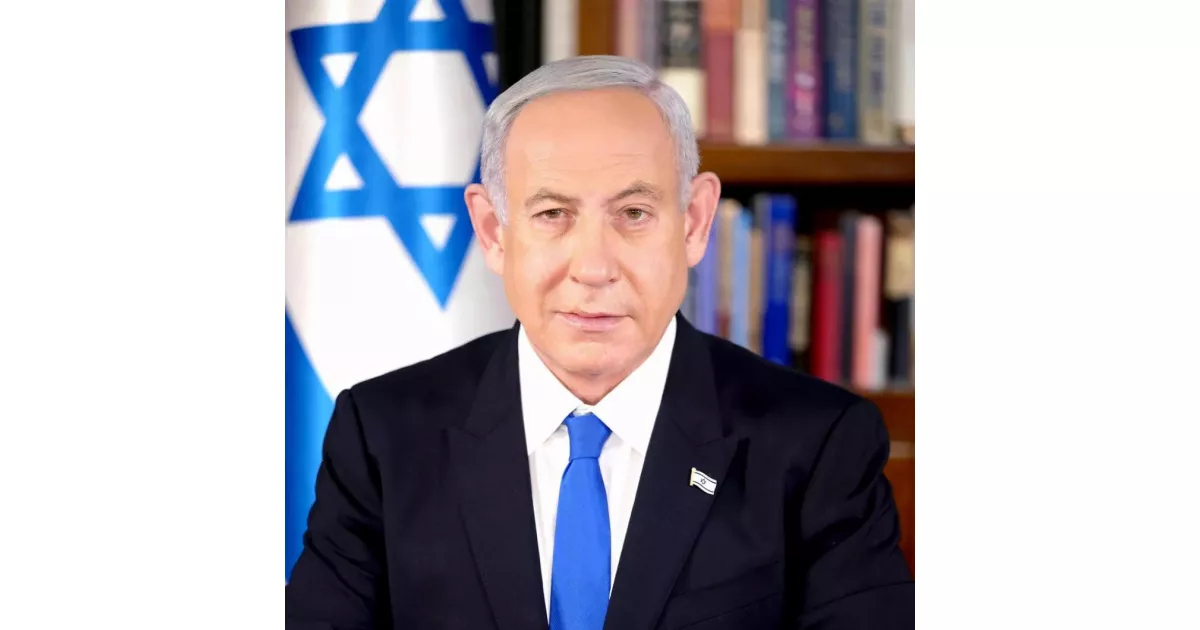An overview of the childhood and early education of Benjamin Netanyahu, highlighting the experiences that shaped the journey.
Benjamin "Bibi" Netanyahu is a prominent Israeli politician and diplomat. He currently serves as the Prime Minister of Israel, a position he assumed in 2022. Notably, he also held this office for two previous terms: from 1996 to 1999 and again from 2009 to 2021. His cumulative time in office makes him the longest-serving prime minister in Israeli history. He has been a central figure in Israeli politics for over two decades, shaping the country's policies and international relations.
1911: Family migrated from Minneapolis to Petah Tikva
In 1911, Tzila Segal's family migrated from Minneapolis to Petah Tikva in the Mutasarrifate of Jerusalem.
1948: Israeli State Founding
Netanyahu won the 1996 election, becoming the first Israeli prime minister to be born in the State of Israel founded in 1948.
1956: Family lived in the United States
From 1956 to 1958, Benjamin Netanyahu's family lived in the United States in Cheltenham Township, Pennsylvania.
1958: Family lived in the United States
From 1956 to 1958, Benjamin Netanyahu's family lived in the United States in Cheltenham Township, Pennsylvania.
1963: Family lived in the United States again
From 1963 to 1967, Benjamin Netanyahu's family lived in the United States in Cheltenham Township, Pennsylvania, again.
1967: Exodus of African Hebrew Israelites from America to Israel
Benjamin Netanyahu supports the integration of the African Hebrew Israelites of Jerusalem into Israeli society and participates in celebrations of this community's "exodus" from America to Israel, which occurred in 1967.
1967: Graduated from high school
In 1967, Benjamin Netanyahu graduated from Cheltenham High School.
1967: Joined Israel Defense Forces
In 1967, Benjamin Netanyahu returned to Israel to join the Israel Defense Forces.
March 1968: Participated in the Battle of Karameh
In March 1968, Benjamin Netanyahu participated in the Battle of Karameh.
May 1972: Rescued Sabena Flight 571
In May 1972, Benjamin Netanyahu was involved in the rescue of the hijacked Sabena Flight 571, during which he was shot in the shoulder.
1972: Returned to the US
In 1972, Benjamin Netanyahu returned to the US after serving in the Israel Defense Forces.
October 1973: Served in Yom Kippur War
In October 1973, Benjamin Netanyahu returned to Israel to serve in the Yom Kippur War.
February 1975: Completed bachelor's degree in architecture
In February 1975, under the name Ben Nitay, Benjamin Netanyahu completed a bachelor's degree in architecture.
1976: Earned master's degree from MIT Sloan School of Management
In 1976, Benjamin Netanyahu earned a master's degree from the MIT Sloan School of Management.
April 1978: Birth of Netanyahu's daughter
In April 1978, Netanyahu and Miriam Weizmann had their first and only child, a daughter named Noa.
1978: Netanyahu's affair and divorce
In 1978, while his then-wife Miriam Weizmann was pregnant, Netanyahu began an affair with Fleur Cates, a British student. This led to the end of his marriage with Weizmann shortly thereafter.
1981: Netanyahu marries Fleur Cates
In 1981, Netanyahu married Fleur Cates, who converted to Judaism for the marriage.
1988: Netanyahu and Cates divorce
In 1988, Fleur Cates sued for divorce from Netanyahu after they had moved to Israel.
July 1991: Birth of Netanyahu's son, Yair
On July 26, 1991, Netanyahu and Sara Ben-Artzi welcomed their first son, Yair, who later served in the IDF Spokesperson's Unit.
October 1994: Birth of Netanyahu's son, Avner
On October 10, 1994, Netanyahu and Sara Ben-Artzi had their second son, Avner, who became a national Bible champion.
1996: Report of Netanyahu's friendship with Katherine Price-Mondadori
In 1996, the media reported on Netanyahu's 20-year friendship with Katherine Price-Mondadori, an Italian-American woman.
2018: Netanyahu Praises North Korea-US Summit
In 2018, Netanyahu praised the 2018 North Korea–United States Singapore Summit. He commended US President Donald Trump on the summit as an important step to rid the Korean peninsula of nuclear weapons.
July 2023: Pacemaker implanted
On July 22, 2023, a pacemaker was implanted in Netanyahu's body.
March 2024: Hernia discovered
In March 2024, a hernia was discovered on Netanyahu.
October 2024: Drone Attack on Netanyahu's Residence
In October 2024, Benjamin Netanyahu's residence in Caesarea was attacked by a drone, believed to be from Lebanon. Netanyahu was not present, and there were no casualties. He accused Hezbollah of attempting to assassinate him.
December 2024: Prostate removal
In December 2024, Netanyahu's prostate was removed following a urinary tract infection caused by an enlargement.
Mentioned in this timeline

Donald John Trump is an American politician media personality and...

Vladimir Vladimirovich Putin is a Russian politician and former intelligence...

Barack Obama the th U S President - was the...
Ukraine is a country in Eastern Europe the second-largest on...

Hillary Diane Rodham Clinton is a prominent American politician lawyer...

Kamala Harris is an American politician and attorney She served...
Trending

12 minutes ago Evan Mobley excited to play with James Harden; Cavaliers gain confidence.

12 minutes ago Sutton Stracke's Ex-Husband Christian Dating Her Friend: Shocking Details Revealed!

13 minutes ago Aday Mara: NBA Draft Prospect, Michigan Center, Scouting Report and Potential Overview.

13 minutes ago Cade Cunningham's MVP candidacy sparks debate alongside Wembanyama amidst NBA awards buzz.
13 minutes ago Nikola Vucevic possibly coming off Celtics' bench; Queta seeks his advice.

13 minutes ago Katie Leung Offers Advice to New Cho Chang Actress & Discusses Bridgerton Role.
Popular

Jesse Jackson is an American civil rights activist politician and...

XXXTentacion born Jahseh Dwayne Ricardo Onfroy was a controversial yet...

Michael Joseph Jackson the King of Pop was a highly...

Susan Rice is an American diplomat and public official prominent...

Barack Obama the th U S President - was the...

Hillary Diane Rodham Clinton is a prominent American politician lawyer...
